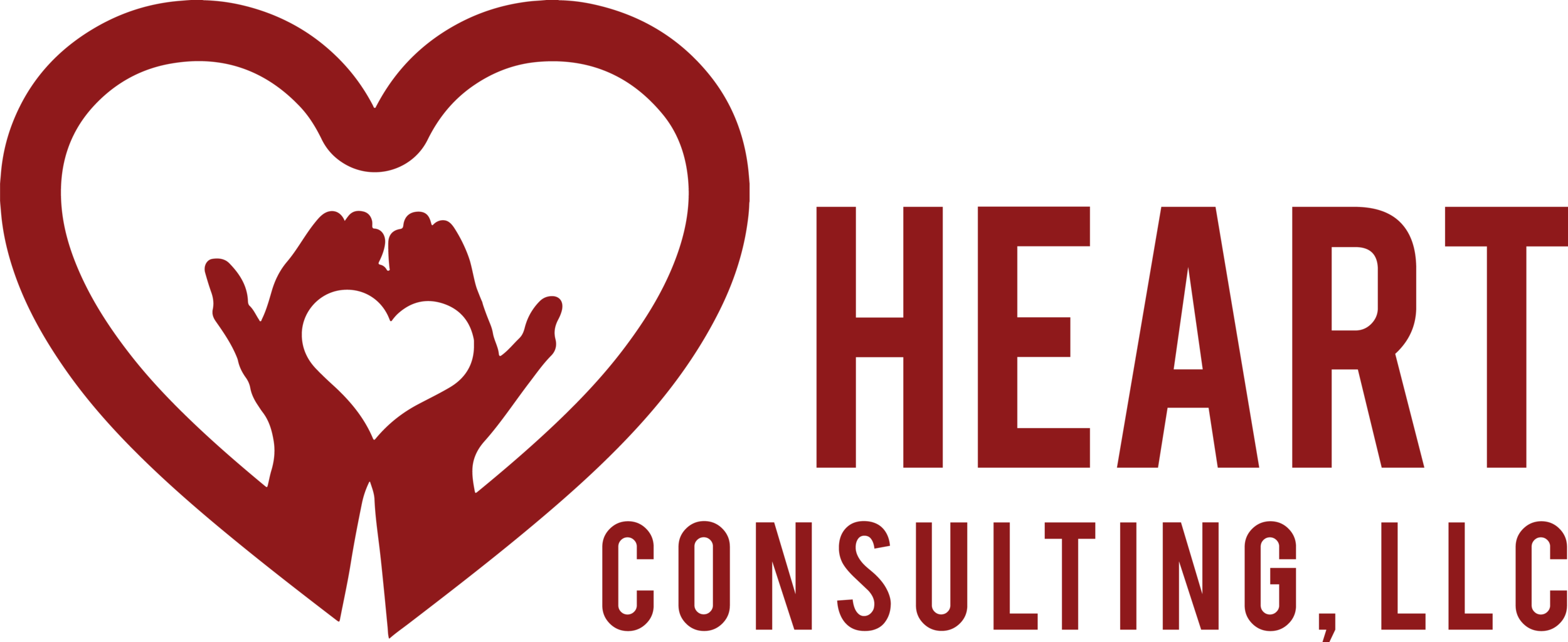Happy (or not) Holiday
The holiday season is upon us, and just like everything else this year, it looks a little different. There are trees in the background of Zoom calls, and even more Amazon packages arriving at the front door. (Without these signals, I’m not sure I would have even realized that the holidays were here.) Typically, these weeks are filled with extra cheer, party preparations, and wrapping presents. It’s becoming very clear that most of us are just looking forward to a few days off, to stay at home....much like we’ve been doing for most of the past year.
Clients have shared that they’re having mixed feelings. They know that holidays are supposed to be exciting, filled with love and family, bringing us all a little closer together. Instead, many people are struggling with the idea that they won’t be seeing their friends or family members at parties or dinners, but instead through a computer screen or listening to them through a cell phone. If you follow us on Instagram, you saw our recent post about “the most wonderful time of the year.” It doesn’t feel this way for many people, and we have to realize that we can’t force it.
Many people with disabilities feel as though they aren’t allowed to experience or express emotions if they don’t coincide with what other people are feeling. “Don’t get so upset.” “Stop overreacting/being dramatic.” “It’s not that big of a deal.” It’s as if they’re only able to feel something if the people around them know how to handle it. There’s a big difference between allowing someone to feel and experience a certain emotion, and helping to teach them appropriate ways to express that feeling. If someone is frustrated that their favorite holiday party has been cancelled, they are allowed to feel that way. However, expressing that emotion through aggressive behavior is not allowed. See the difference?
If someone says they aren’t comfortable participating in another family Zoom session, they are allowed to feel that way. If someone doesn’t want to hug a family member to say thank you for a gift, they don’t have to. If someone wants to stay in bed because they’re sad about a holiday tradition being cancelled, let them express that feeling. Making someone feel like their emotions aren’t valid is a form of gaslighting. This is exactly the kind of behavior that abusive partners engage in to gain control over someone else. If we start to believe that we can’t trust or express our emotions, we lose touch with our ability to listen to our gut instinct, which is there to help us keep ourselves safe.
It’s especially important around the holidays to listen to and respect boundaries. If getting together with family and loved one does not want a hug, respect their space. And with the current safety concerns, that are even higher for anyone with a disability or underlying condition, if someone does not feel comfortable or safe getting together in person for the holidays, even though the rest of the family is, do not guilt them for making a decision that is in their own best interest. Just because someone’s boundaries are different than your own, does not mean they are “wrong” or that you can pressure them to adjust their boundaries.
We don’t have to pretend to feel jolly, cheery, or even friendly this holiday season. Some of us are not looking forward to celebrating, and that’s okay. There’s no pressure to ignore our true feelings. Allowing someone else to fully experience their emotions only helps to empower them, increase their self-awareness, and ultimately understand their own emotional regulation even better. We can still wish each other happy holidays, but we don’t have to feel bad if it isn’t.
Jordann Mason, Community Outreach Director
